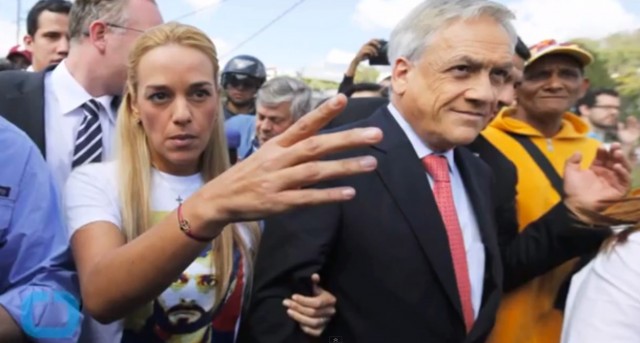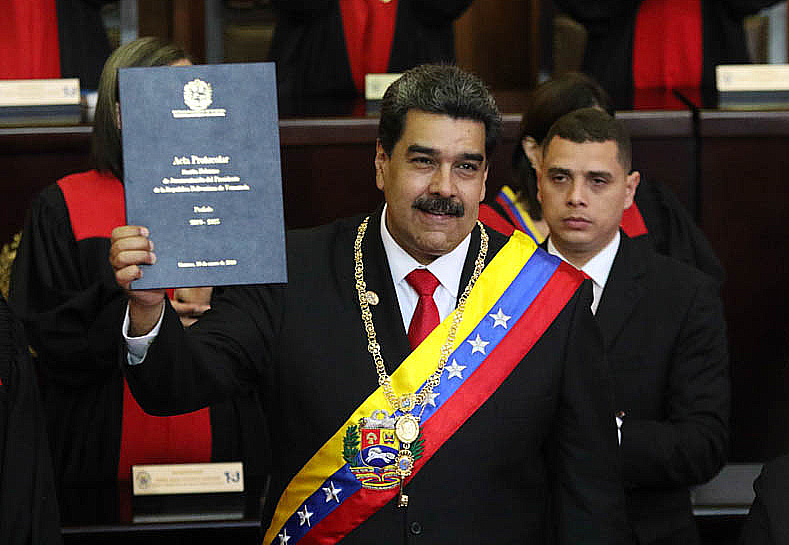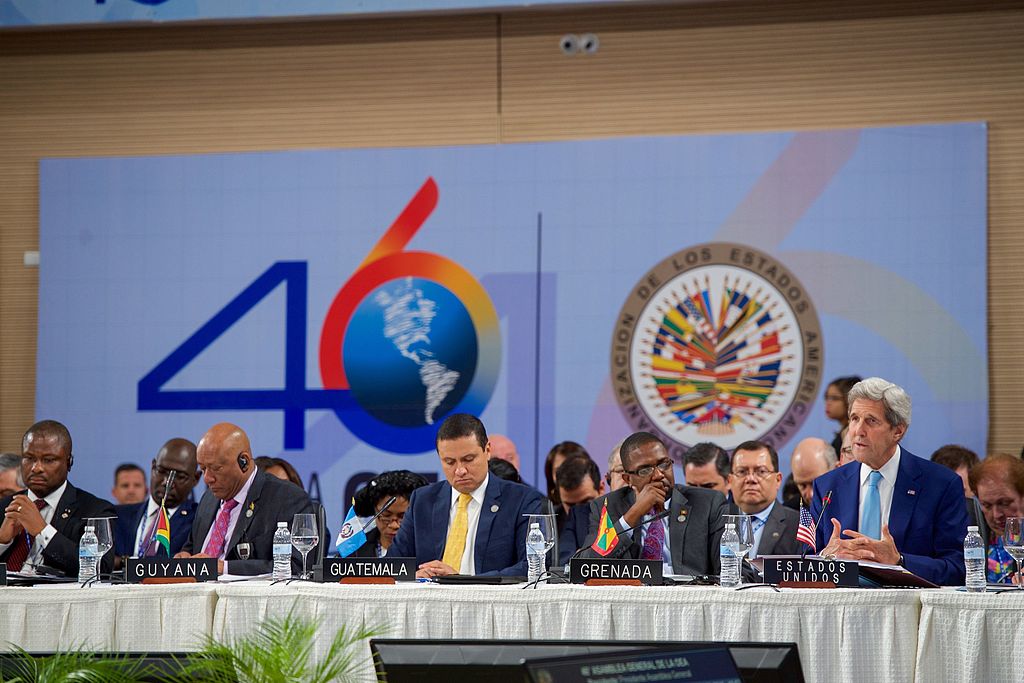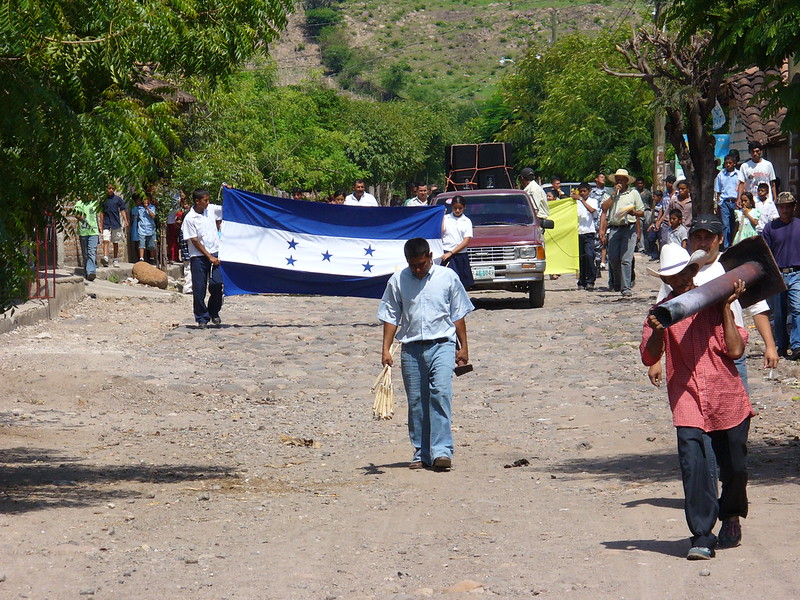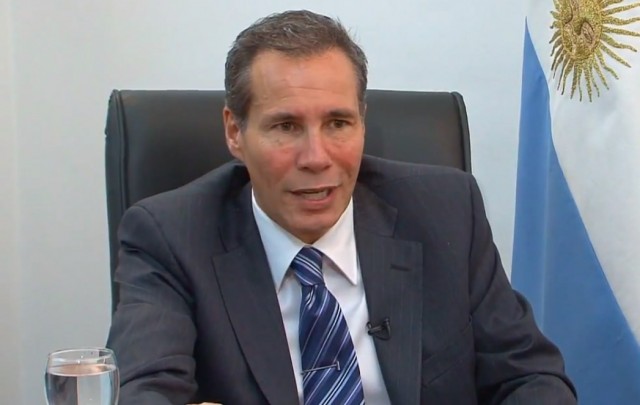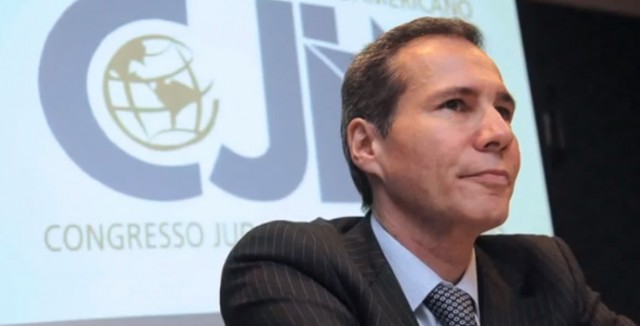
Latin America: Week in Review, Mexico, North America
Mexican President’s Conflict-of-Interest Scandal Deepens
January 21, 2015 By Staff
Read More: Mexican President Enrique Peña Nieto Has Had a Horrible Year
Top Story — Further evidence of favoritism involving Mexican President Enrique Peña Nieto’s administration and real-estate developers emerged on Tuesday, as an investigation by The Wall Street Journal revealed that a contractor who sold a property to the president in 2005 went on to win over $100 million in government contracts.
The discovery follows November reports that another construction company sold a house to the president’s family and subsequently won contracts for public works. News of the conflict of interest in November, coupled with the disappearance of 43 students from Guerrero state in September, have angered Mexicans and caused the president’s approval ratings to nosedive.
In 2005, Peña Nieto purchased a home from local developer Roberto San Román Widerkehr in the popular resort town Ixtapa de la Sal, just weeks after becoming the governor of the state of Mexico. San Román subsequently won bids for over $100 million in contracts during the president’s tenure as governor between 2005 and 2011.
San Román’s firm has also won at least 11 contracts from the federal government since Peña Nieto became president in 2012. The firm had not been directly awarded any federal contracts prior to Peña Nieto’s inauguration.
Peña Nieto’s previous conflict-of-interest scandal — revealed in an investigation by Aristegui Noticias — involved a $7 million house that his wife purchased from another firm Peña Nieto had awarded a major government contract. A subsidiary of Mexico’s Grupo Higa was part of a Chinese-led group that won a $3.7 billion bid to build a high-speed rail line, while another of their subsidiaries had sold the home to the first lady. At the time, the president’s representatives announced that there had been no impropriety in the dealings.
The original concession to the Chinese-led consortium was cancelled following public scrutiny, and on Jan. 14, officials announced it would be accepting new bids for the rail project.
Headlines from the Western Hemisphere
North America
- U.S. President Barack Obama gave his State of the Union address on Tuesday, showing his commitment to policy change towards Cuba by announcing that, “This year, Congress should begin the work of ending the embargo.”
- DNA samples examined by an Austrian forensic team do not match burnt human remains that were believed to belong to the 43 missing students from Guerrero state, according to officials, but the team is prepared to conduct more advanced tests.
- The U.S. is expected to file an extradition request for the infamous former Mexican drug lord Joaquín “El Chapo” Guzmán, according to Mexico’s attorney general.
Caribbean
- As talks between the U.S. and Cuba continue, Cuba is expected to push for its removal from the U.S. list of state sponsors of terrorism before diplomatic ties between the two nations are restored, with a Cuban official saying the country’s presence on the list is “unfair.”
- Another Cuban official said on Tuesday that restoring diplomatic ties will take time, indicating that there is a difference between restoring relations and normalizing them, a message that seemed intended to temper expectations before a high-level U.S. delegation arrives today in Cuba for further talks.
- The U.S. “interests section” building in Havana is meant to become the first full U.S. embassy in Cuba in over 50 years, but the building comes with decades of tense relations and espionage controversies, reports The New York Times.
Central America
- Costa Rica’s president on Tuesday signed a bill aimed at developing its impoverished Caribbean coastal region with some 75 development projects, which would put more than 5,000 people to work.
Andes
- Amid increasingly accommodating rhetoric from President Juan Manuel Santos, Colombia’s government on Tuesday acknowledged that FARC rebels have been holding faithful to their indefinite one-sided ceasefire, which began a month ago.
- As his leftist PSUV party looks ahead to congressional elections later this year, Venezuelan President Nicolás Maduro is expected on Wednesday to announce a set of economic reforms that analysts expect to include cuts to high levels of government spending.
- Greenpeace has given Peruvian authorities the names of four activists involved in a controversial protest that targeted the Nazca Lines, although the environmental group asked prosecutors not to charge two journalists who covered the demonstrations.
Southern Cone
- The ex-wife of Argentine prosecutor Alberto Nisman — found dead Sunday night of a apparently self-inflicted gunshot wound just hours before he was set to testify against President Cristina Fernández and other officials — says she does not think he killed himself. While an investigator noted that Nisman’s fingers initially tested negative for gunshot residue, she also added that those results could be explained by the weapon’s small caliber.
- Fernández, for her part, posted a scathing attack of Nisman on her Facebook page Tuesday, accusing him of waging a politicized war on her administration.
Image: Russavia, CC BY 2.0
